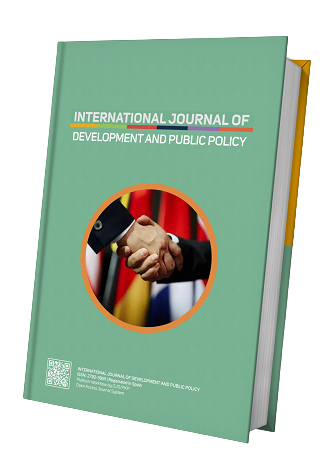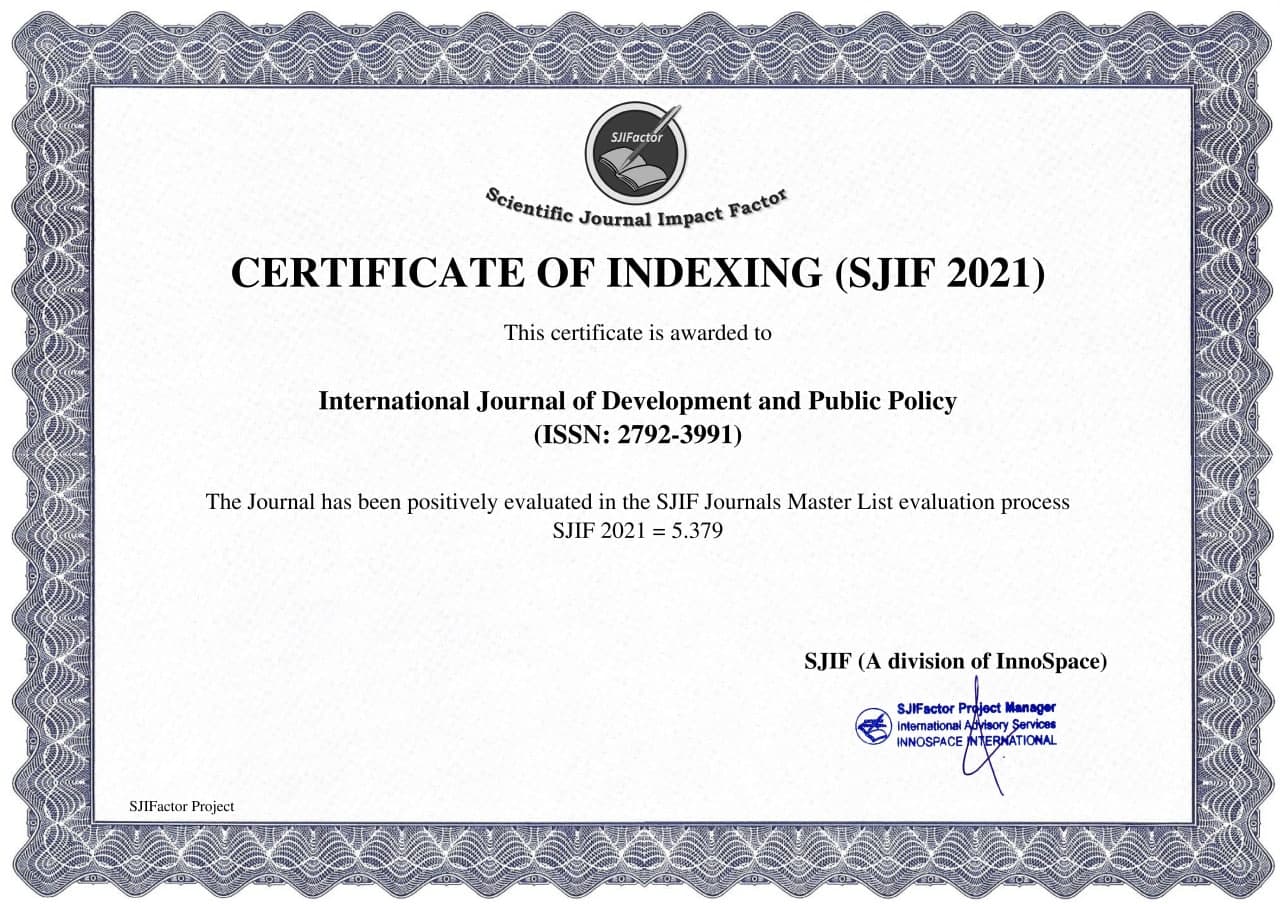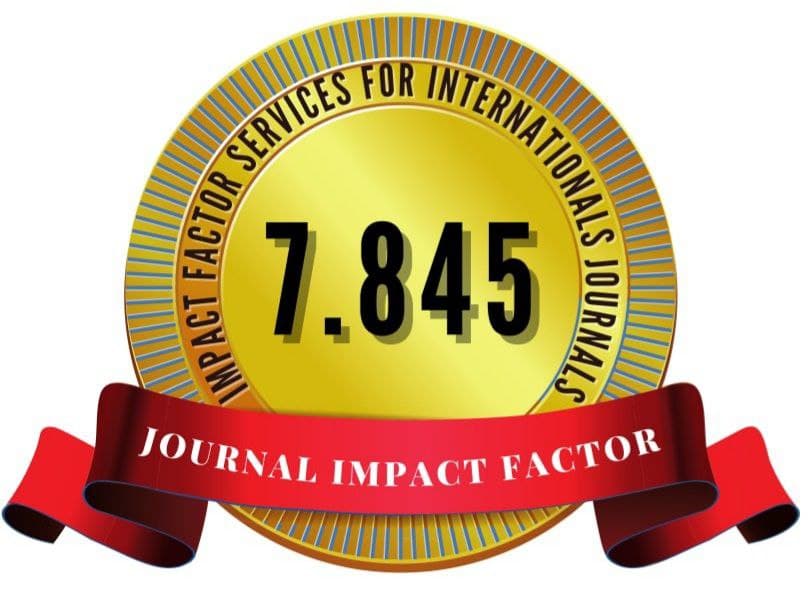Navigating the Path to Renewable Energy in Raiganj Municipality: A Socio-Economic Analysis of Urban Adoption and Barriers
Keywords:
Renewable Energy, Barrier, Adoption, Socio-Economic, Raiganj MunicipalityAbstract
The urgency for renewable energy adoption in urban areas is heightened by the dual pressures of rapid urbanization and environmental degradation. Despite global advancements in renewable, local adoption is often impeded by economic, social, and infrastructural constraints. As cities expand, sustainable energy solutions become critical in mitigating climate impact. Urban municipalities like Raiganj represent untapped potential for renewable energy, yet face unique socio-economic barriers that hinder widespread adoption. This study aims to identify and analyze the socio-economic factors that influence renewable energy adoption in Raiganj, focusing on how urban and community characteristics shape these dynamics. To assess key barriers and drivers within the socio-economic landscape of Raiganj Municipality and propose recommendations for enhancing renewable energy integration. A mixed-method approach was adopted, utilizing both quantitative surveys among local residents and qualitative interviews with stakeholders, including policymakers and energy providers. Statistical tools were employed to analyze the socio-economic determinants impacting renewable adoption rates. The study revealed that high initial costs, limited awareness, and infrastructural limitations are primary barriers, while environmental awareness and government incentives serve as significant motivators. The findings suggest that targeted policies addressing cost, education, and infrastructural support could substantially improve renewable adoption rates in Raiganj. This research underscores the need for localized, socio-economic frameworks to drive urban renewable energy transitions, providing insights applicable to similar urban contexts in developing regions.






